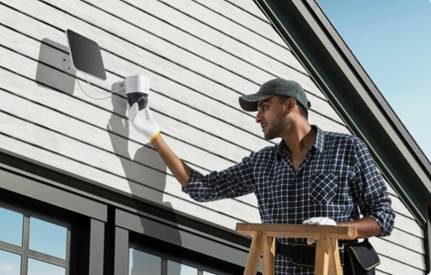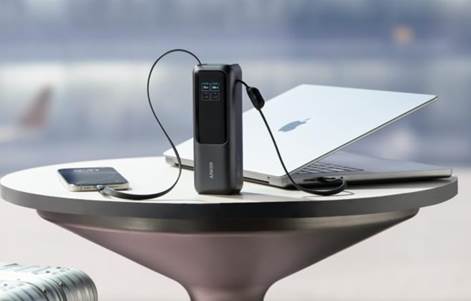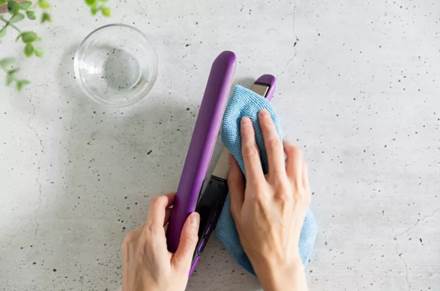Finding the best smart lock
entails balancing convenience, safety, and technological compatibility. It's
easy to become overwhelmed with so many models. Knowing what qualities are
important helps you avoid making poor decisions when improving home security or
replacing a worn-out lock. This article covers what to look for, how to
evaluate locks, and how to choose the right one for your home. Every facet of
home security, from encryption to installation, is important. If you want to
boost your security, here's how to choose the right smart lock.
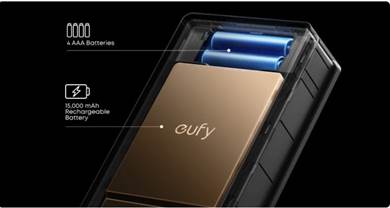
Key Features to
Look for in a Smart Lock
Security and
Encryption
Beginning with smart lock encryption, security is its
primary role. Make sure the lock has two-factor authentication, and avoid
Bluetooth-only devices that do not require a PIN or app verification. Biometric
access, such as fingerprint scanning, increases security. Choose brands with an
excellent track record of firmware updates to address vulnerabilities. Strong,
smart locks safeguard your home against hackers and unauthorized access.
Battery Life and
Power Options
Smart locks require reliable power. Most are powered
by AA or lithium batteries and have a lifespan ranging from six to twelve
months. Some types emit low-battery notifications, which help prevent lockouts.
Others offer emergency power alternatives such as 9V terminals or USB-C backup.
Avoid locks that lack battery indications or manual key override. For
high-traffic households, extending battery life is critical. Consider smart
locks with energy-efficient features such as auto-lock and sleep settings. A trustworthy
battery system keeps your home accessible and secure even when you are gone or
during power outages.
Integration with
Other Devices
Smart locks perform best when connected to other smart
home systems. Check whether it is compatible with Alexa or Google Assistant.
This allows you to operate your lock via voice commands, automation routines,
or app controls. Some locks can communicate with video doorbells or security
systems, providing real-time status updates and remote locking. Select models
that support Wi-Fi or Z-Wave for simple integration. The more your smart lock
can connect, the more control and security you'll have. Home automation relies
on communication, and a well-integrated lock becomes an important component of
your digital ecosystem.
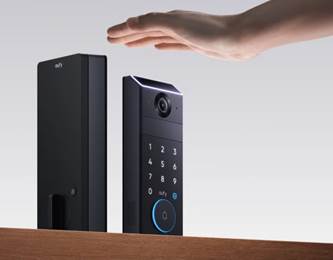
How to Choose the
Right Smart Lock for Your Home
Budget and Price
Range
The price of smart locks varies greatly. Entry-level
devices start at roughly $100 and include rudimentary app access and keypads.
Wi-Fi connectivity, improved build quality, and voice assistant functionality
are also available in mid-range models. Premium locks include fingerprint
recognition, tamper detection, and full smart home connectivity. Set a precise
budget depending on the characteristics you must have. Spending more does not
always imply better security—but missing necessary features to save money may
result in regret. Before purchasing, research reviews, warranties, and app
capabilities to ensure that your smart lock meets your needs and your budget.
Door Compatibility
and Installation
Not every smart lock fits every door. Inspect your
door's thickness, deadbolt compatibility, and swinging direction. Many DIY
locks require only a screwdriver. Others, such as mortise or multipoint locks,
may require professional assistance. Look for rental types that do not require
drilling and allow you to keep your key. Some smart locks retrofit existing
hardware, making them suitable for apartments. The eufy Familock S3, with its
several entry options and easy setup, is a popular choice for door-type compatibility.
User Access and
Control
Managing who can
enter your home is a major benefit of smart locks. Select models that support app-based user code
creation and deletion. Timed access benefits guests, cleaners, and service
workers. Some locks allow temporary codes, while others keep track of who came
in and when. Look into remote access to unlock doors while gone. A decent smart
lock gives you complete control without the need to duplicate keys or change
locks when guests leave.
Conclusion
A smart lock does more than simply replace a key; it
improves home security, convenience, and control. When shopping, consider
encryption standards, power reliability, and smart integration. To get the
greatest experience, match the device to your budget, door type, and access
preferences. Do not underestimate the ease of installation and app use. Whether
you're searching for peace of mind, better access management, or as part of a
bigger smart home upgrade, the correct smart lock provides both functionality
and future-ready adaptability. Take the time to compare and choose wisely—your
home deserves a smart and secure lock.

